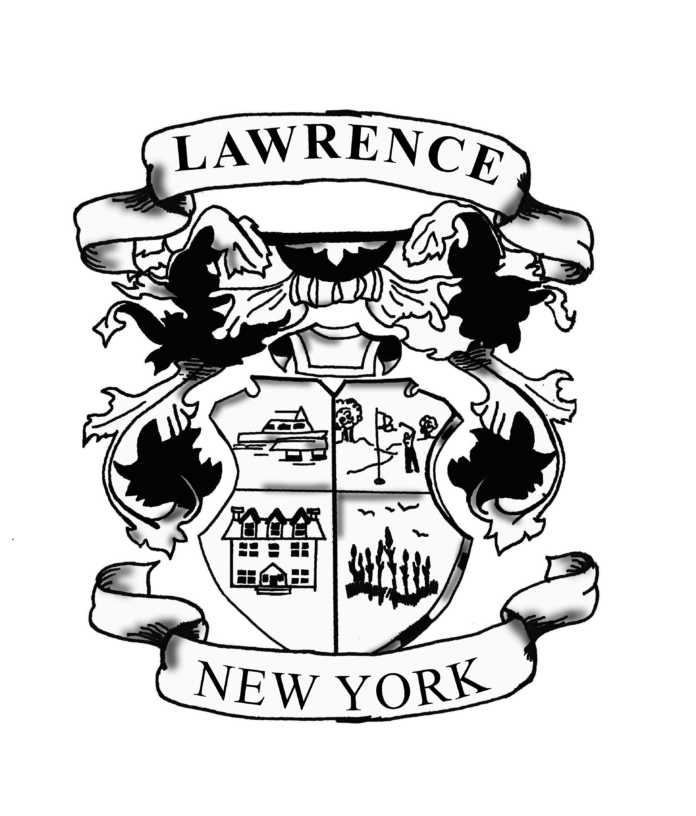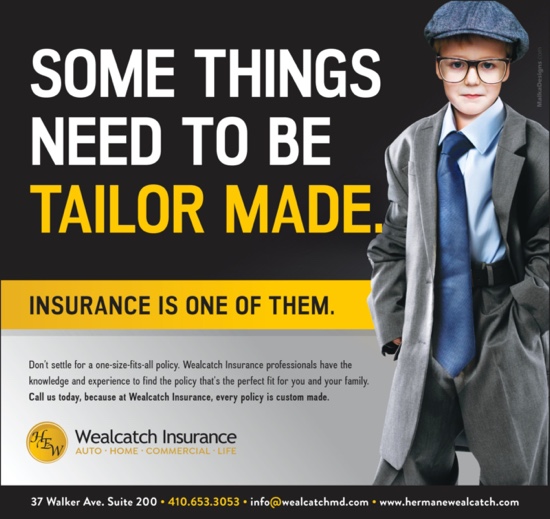Dear Resident:
While the Village of Lawrence joins New York State in considering rational, safe methods of emerging form the corona crises, we remain vigilant and cautious in order to maintain the health and safety of every resident. Toward that end, we have again invited Lawrence resident and prominent immunologist Dr. Marc Sicklick, Nassau County Office of Emergency Management Liaison, to provide an update on the current situation and to suggest a prudent course of conduct for the immediate future:
123 Grove Avenue, Suite 110
Cedarhurst, NY 11516
Telephone 516-569-5550
Fax 516-210-0080
www.marcsicklick.com
I’m writing this as a follow up to last week’s memo on COVID-19. Both guidance and reality are constantly evolving, sometimes daily, as more is learned about the clinical course of this new disease.
- Recent data based on ANTIBODY testing shows, as I mentioned last week, that a lot more people have been infected with the virus than have been sick from it. Most are unaware. Whether the asymptomatic carriers are 5 times, 10 times, or more prevalent than the symptomatic ones is still unclear. As IgG antibody testing (this is the antibody that everyone is talking about. It’s what is the hoped-for evidence of past infection and hopefully evidence for some level of immunity) is more widely used, we will get a sense for the real number of people who have already had the infection. We need to know how often people get infected and don’t get sick. This is important because these asymptomatic people can be shedding the virus without knowing it, and can really endanger friends, family, and neighbors. We need these numbers to calculate the risk.
- The value in IgG antibody testing is primarily to assess how widespread exposure has been. It is most useful for epidemiology, the tracking of the disease. It is not for diagnosing the disease and is certainly not for guaranteeing immunity.
- No one knows if the protective IgG antibodies last for days, weeks, months, or longer. We simply don’t know. The disease is too new. So for the best outcome assume the worst. We should assume that everyone is vulnerable for now, until we know with certainty that the antibodies can give a clear, correct answer.
- Not all IgG antibody testing is accurate. Not all IgG testing is the same. I would personally stick to the big, reputable labs or reliable hospitals. Not every antibody testing kit has proven reliability or accuracy. At this time, Quest and LabCorp are running the tests, and I was told that Northwell Labs will start next week. This may not be a complete list and there may be other labs that offer the test.
- A positive or negative answer is not an answer. We need to know what levels are considered to be, or hoped to be, protective and what levels a given patient has. A simple positive test does not give this information. It is not safe to take a positive test as proof of immunity. A positive antibody test is NOT a replacement for social distancing and masks.
- A positive test may occur because of a cross sensitivity without a related virus. We need to develop a very specific test that is both specific (not to get false positive results) and sensitive (not to get false negative results).
- The nasal swab does not measure antibody. It finds the virus. It has a significant margin of error, meaning that a negative test is not proof that someone does not have the virus and does not mean that they can’t spread it.
- There are people who were sick with positive viral tests and who have clinically improved, yet they continue to have a positive nasal swab. This certainly means that they can be spreading the virus. I know that it’s hard to fathom that someone was sick and recovered and they can still be a danger to other people, but that’s the reality. Everyone owes it to their neighbors to stay isolated if they are positive or if they are sick. The current guidelines are that if someone is not tested at the end, they should stay isolated for two weeks after their last symptoms. A recent paper from China showed some shedding for up to six weeks. Again, this is not about the person who was sick and now feels well. It’s about an obligation not to infect someone else, and possibly have a hand in causing a fatality. It’s not about how well you feel. It’s about responsibility to your contacts.
- Until there is herd immunity, meaning that enough people are immune to the virus so that spread is very difficult, we will not return to normal. A vaccine is not happening tomorrow, next week, or next month. There is no guarantee that it will ever happen. I think it will at some point. G-d willing it will.
- Do not go out if you’re a risk to anyone else. I’m repeating this because I see too many people outside who shouldn’t be. It’s not about you. It’s about everyone else.
- If everyone wears a mask, the virus will be easier to contain. There will be less spread since droplets are held in, and there is some protection to the wearer from other people. Anyone near people who are not in their immediate household should stay apart and wear a mask. This has no downside.
- The less outside contacts, the better. Even necessary contacts (food or pharmacy shopping, doctor visits, etc.) should be minimized. This will cut the spread of the disease.
- People meeting friends in the street and talking, without masks, initially from a safe distance but somehow they get closer and closer together as the conversation continues.
- Non-household relatives socializing indoors – going from house to house. We all want to see our children and grandchildren. I do also. We would all like a hug. But it’s not safe.
- The groups of teens riding bikes together without masks is dangerous. Since children are more likely to be asymptomatic, it’s not as dangerous to them. But they can bring it home to a parent or grandparent.
- Can I have a repairman over to the house? That depends on what the problem is. A plumbing, heating, air conditioning emergency, or anything else that effects quality of life is a risk:benefit measurement. Just ask yourself, is the benefit to me and my family much higher than the risk?
- Can I have a cleaning service in my house? Remember that you are not their only customer. Their other contacts are essentially going to be your contacts. Do the risk: benefit calculation. Is there a reason that you need this (age, illness, etc.)? That may shift the ratio towards benefit, although both age and some illnesses are risk factors. You know your own situation. There isn’t a one size fits all answer. If you decide to have help, make sure that they wear a new mask and fresh gloves at all times. You don’t want the gloves and mask that were used in other houses or on a bus or train bringing the risk into your house.
- How long will isolation last? This is the most difficult question for me. Isolation was started to “flatten the curve”. In English, that means that if a given number of cases occurs over a short period of time, it can overwhelm the healthcare system. We did it. In New York, we went from over 1000 deaths a day on April 7 to an estimated 250 today, from 20000 hospital beds needed to 13000 today, from 6225 ICU beds to under 4000, and from approximately 6000 patients on ventilators to approximately 1000. Isolation will most likely not reduce the total number of cases until we have herd immunity or a vaccine. The level of isolation should be based on what the healthcare system can handle, not on the hope of the virus suddenly going away. There will be an uptick in cases as we move on to reopen the economy. It is inevitable. We need to keep the number manageable without destroying peoples’ lives, both financially and emotionally. Indefinite isolation can be likened to telling someone that they should take a deep breath and go under water, but know that as soon as you come up, you will get sick. It is not a long term, viable, practical solution.
So please, worry about your neighbors and relatives and friends and avoid putting them at risk.
-We hope you find this information of value and look forward to working with you to ensure the safety and good health of every Lawrence resident.
Very truly yours,
Alex H. Edelman
Mayor
















What about camps opening in the summer? Is that safe?